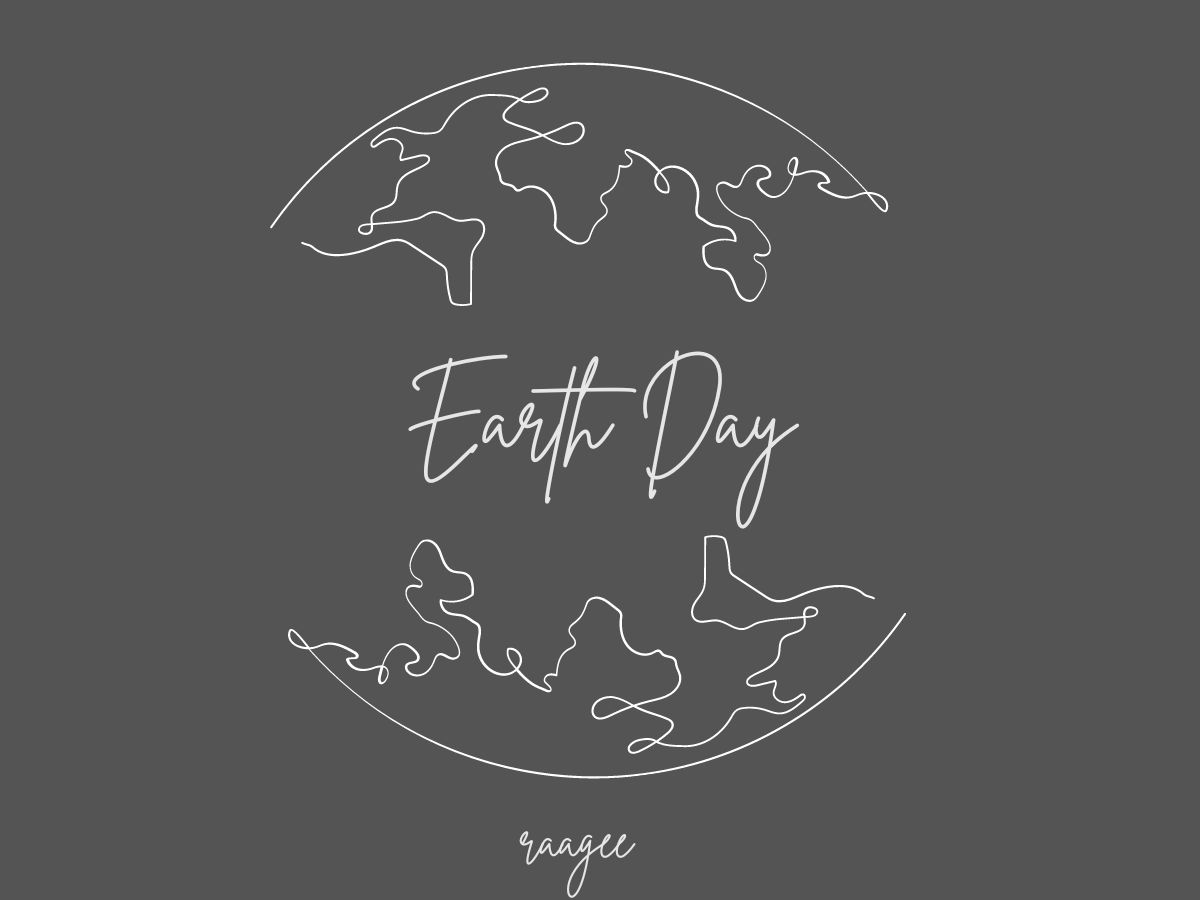Earth Day 2024: Planet vs. Plastics – A Call to Restore, Address, and Safeguard

Earth Day, celebrated annually on April 22nd, is a powerful global platform that underscores the importance of environmental protection and sustainability. In 2024, the theme "Planet vs. Plastics" takes center stage, highlighting the urgent need for collaborative efforts to restore ecosystems, address climate change, and safeguard biodiversity.
The "Planet vs. Plastics" Theme
The "Planet vs. Plastics" theme for Earth Day 2024 emphasizes the critical role of plastics in environmental degradation and the broader challenges they pose to our planet. Single-use plastics, plastic pollution in our oceans, and microplastics in our food chain are just some of the issues that threaten ecosystems, contribute to climate change, and endanger biodiversity.
Collaborative Efforts for Restoration and Sustainability
Addressing the "Planet vs. Plastics" challenge requires collaborative efforts from individuals, communities, businesses, and governments worldwide. Restoration of ecosystems, such as forests, wetlands, and coral reefs, is crucial for maintaining biodiversity and mitigating the impacts of climate change. By protecting and restoring these vital habitats, we can create resilient ecosystems that are better able to adapt to changing environmental conditions.
Climate Change and Plastic Pollution
Climate change and plastic pollution are interconnected issues that require integrated solutions. The production, use, and disposal of plastics contribute to greenhouse gas emissions and exacerbate the impacts of climate change. Transitioning to a circular economy, where plastics are designed to be reused, recycled, or composted, can help reduce emissions, conserve resources, and minimize waste.
Safeguarding Biodiversity
Biodiversity is the foundation of healthy ecosystems and plays a critical role in providing essential services, such as clean air, water, and food. Plastic pollution poses a significant threat to marine and terrestrial wildlife, with millions of animals dying each year due to ingestion or entanglement in plastic waste. By reducing plastic consumption, promoting sustainable alternatives, and implementing effective waste management practices, we can help safeguard biodiversity and protect vulnerable species from extinction.
The Global Challenge of Plastic Pollution
Plastic pollution has reached alarming levels, posing a significant threat to our planet's ecosystems, wildlife, and human health. Here are some staggering statistics that highlight the scale of the problem:
- 8 Million Tons: Each year, an estimated 8 million tons of plastic waste ends up in our oceans, equivalent to a garbage truckload every minute.
- 1 Million Plastic Bottles Per Minute: Globally, approximately 1 million plastic bottles are purchased every minute, many of which end up as litter or in landfills.
- 50% of Plastic Produced is for Single-Use: Half of all plastic produced is designed for single-use purposes, such as packaging, straws, and utensils, contributing to the rapid accumulation of plastic waste.
- Microplastics Everywhere: Microplastics, tiny plastic particles less than 5mm in size, have been found in the most remote and pristine environments, including deep-sea trenches, polar regions, and even in the air we breathe.
- 1 Million Sea Birds and 100,000 Marine Mammals Killed Annually: Due to ingestion or entanglement in plastic waste, an estimated 1 million sea birds and 100,000 marine mammals are killed each year.
- $13 Billion in Economic Damage: The economic damage caused by plastic pollution, including cleanup costs, lost tourism revenue, and damage to marine ecosystems, is estimated to be around $13 billion annually.
- These statistics paint a grim picture of the environmental and societal impacts of plastic pollution. The "Planet vs. Plastics" theme for Earth Day 2024 underscores the urgent need for collaborative action to address this global challenge and find sustainable solutions to reduce plastic waste and protect our planet for future generations.
Taking Action for a Sustainable Future
On Earth Day 2024, let's commit to taking action to address the "Planet vs. Plastics" challenge and work together to create a more sustainable and resilient future. Here are some ways you can get involved:
Reduce your plastic consumption by using reusable bags, bottles, and containers.
Recycle plastic waste responsibly and support initiatives that promote recycling and waste reduction.
Advocate for policies and regulations that promote sustainable production, consumption, and disposal of plastics.
Participate in clean-up events, tree planting activities, and other Earth Day initiatives to restore ecosystems and protect biodiversity.
Earth Day 2024 with its "Planet vs. Plastics" theme serves as a powerful reminder of the urgent need to address environmental challenges and promote sustainable practices. By coming together to restore ecosystems, address climate change, and safeguard biodiversity, we can make a positive impact on our planet and create a brighter future for all living beings.
This Earth Day, let's unite in our efforts to reduce plastic pollution, protect our ecosystems, and build a more sustainable world. Together, we can make every day Earth Day and ensure a healthier, more prosperous planet for generations to come.









